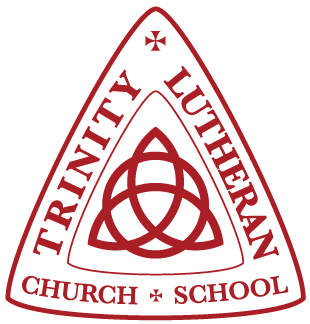“Thou shalt no more be termed Forsaken;
Neither shall thy land any more be termed Desolate:
But thou shalt be called Hephzi-bah,
And thy land Beulah:
For the Lord delighteth in thee,
And thy land shall be married.” (Isaiah. 62:4, KJV)
As Isaiah contemplates the glories of the coming kingdom of God, he is filled with an intense longing and ardent desire to see it come to pass as quickly as possible. He urges those exiles returning to Judah to pray to the Lord without ceasing to see His promises fulfilled. A great motivating factor is the change the people will experience in their outlook and in their lives. They will no longer be considered forsaken or desolate. The Lord calls them Hephzibah, which means “my delight is in her” and Beulah which means “married”. Marriage in God’s Kingdom means a lifelong unbreakable commitment, far different from our cultural conception which views it as conditional and based on feelings not promises. So when God says His people are married to Him, this means that their covenant is solid and unbreakable because the Lord loves them.
In the New Testament, marriage continues as a metaphor for the relationship between the Lord and His people. By appearing at the wedding of Cana, Jesus placed His blessing on marriage. But that wedding also prefigured Jesus’ coming wedding with His bride, the church. Now the time was coming for the bridegroom to come and take His bride: no longer faithless Israel, but now the faithful church, soon to be prepared and made ready by the actions of the bridegroom.
We look forward to the hope that Isaiah speaks of. The world we live in is filled with so much violence, cruelty and oppression so that we long earnestly and pray with great intensity and fervor for the Lord to come and fulfill His promises to us. But we must wait. As we wait we pray with boldness that the Lord come quickly. And as we wait we serve as watchmen. We look to see the kingdom coming and warn others of its approach.
